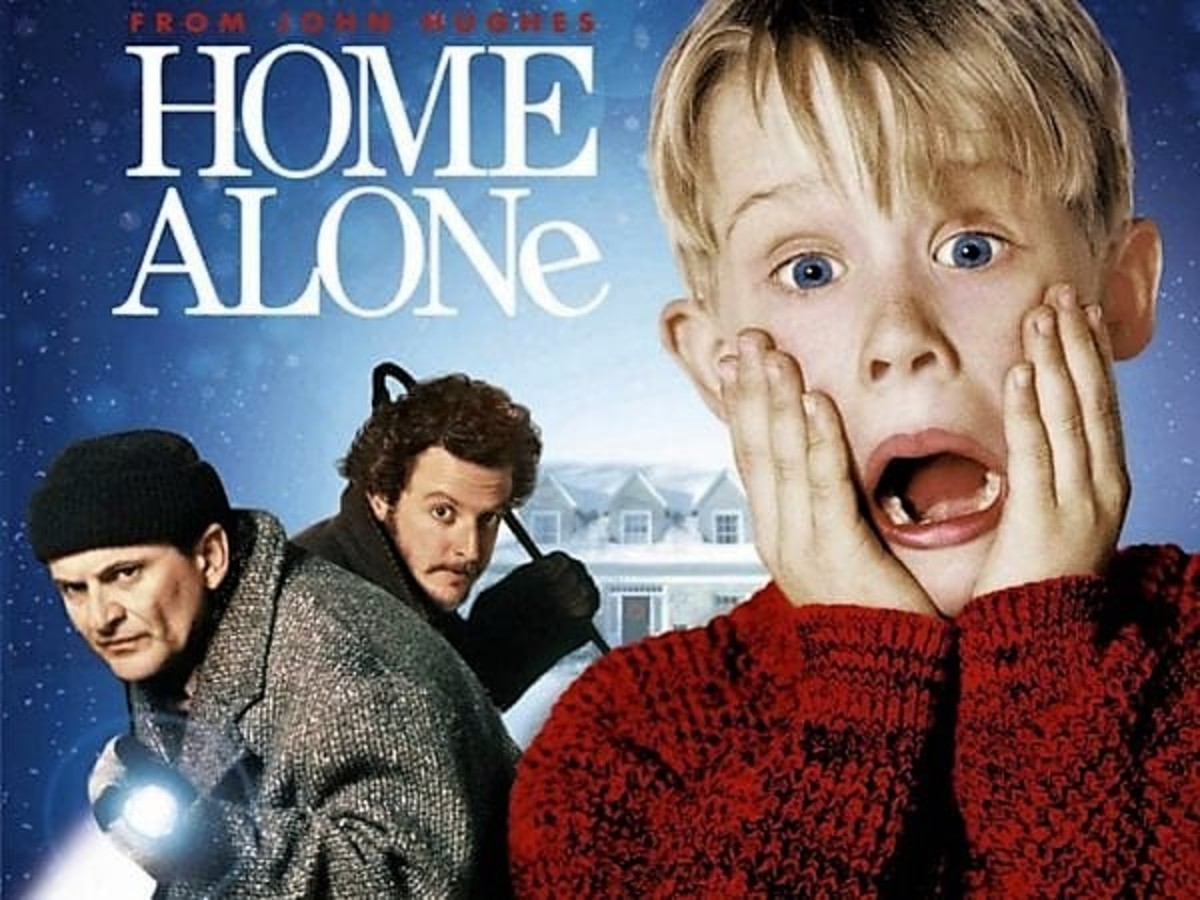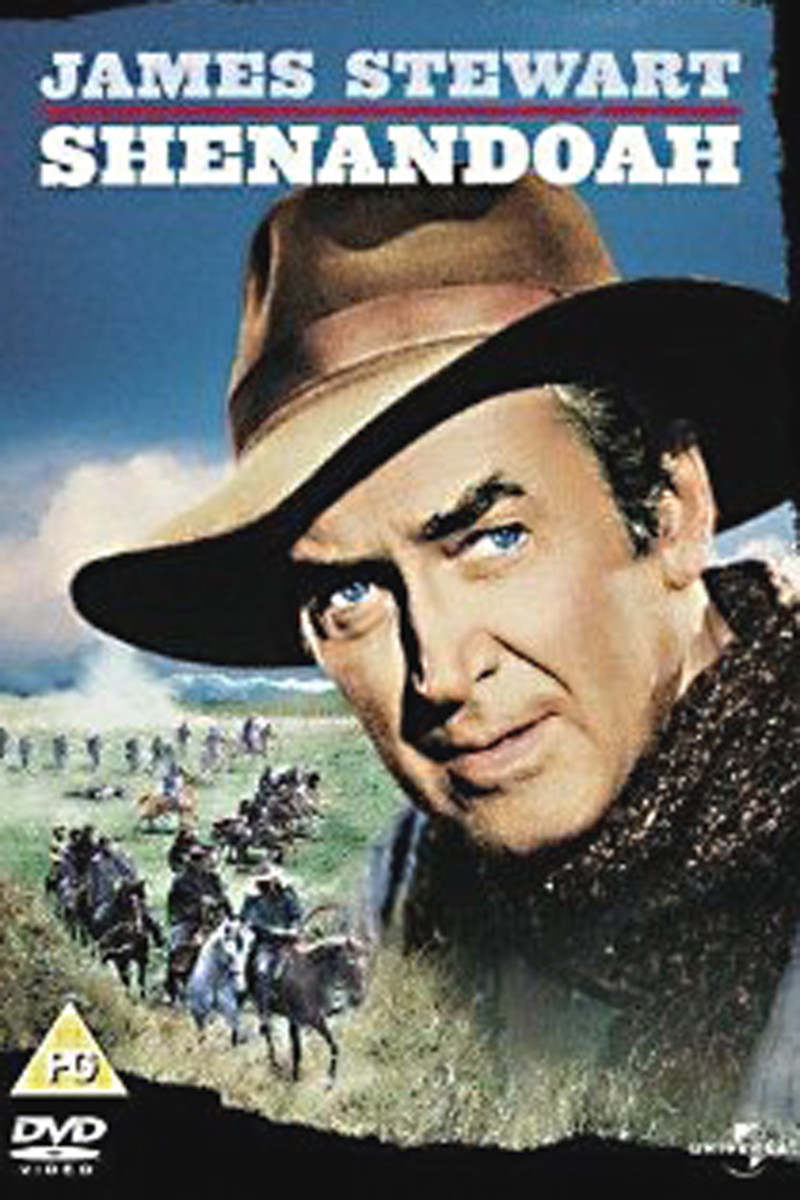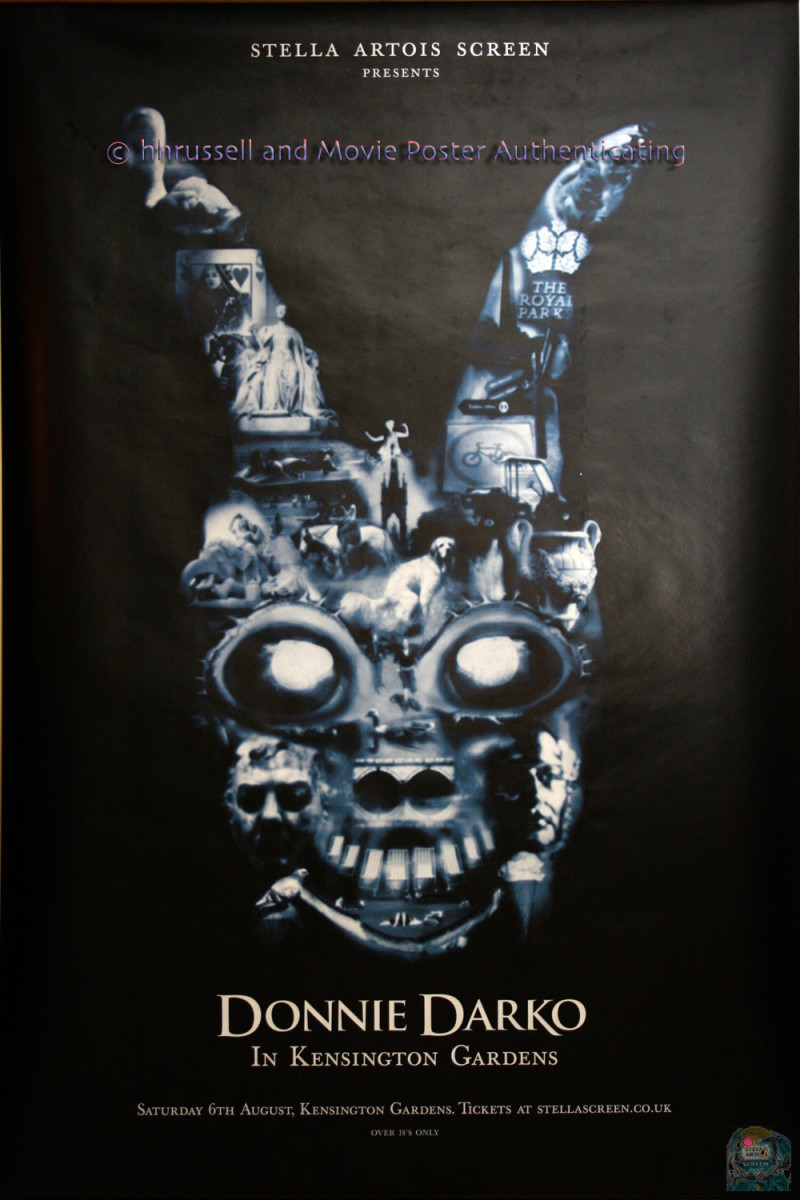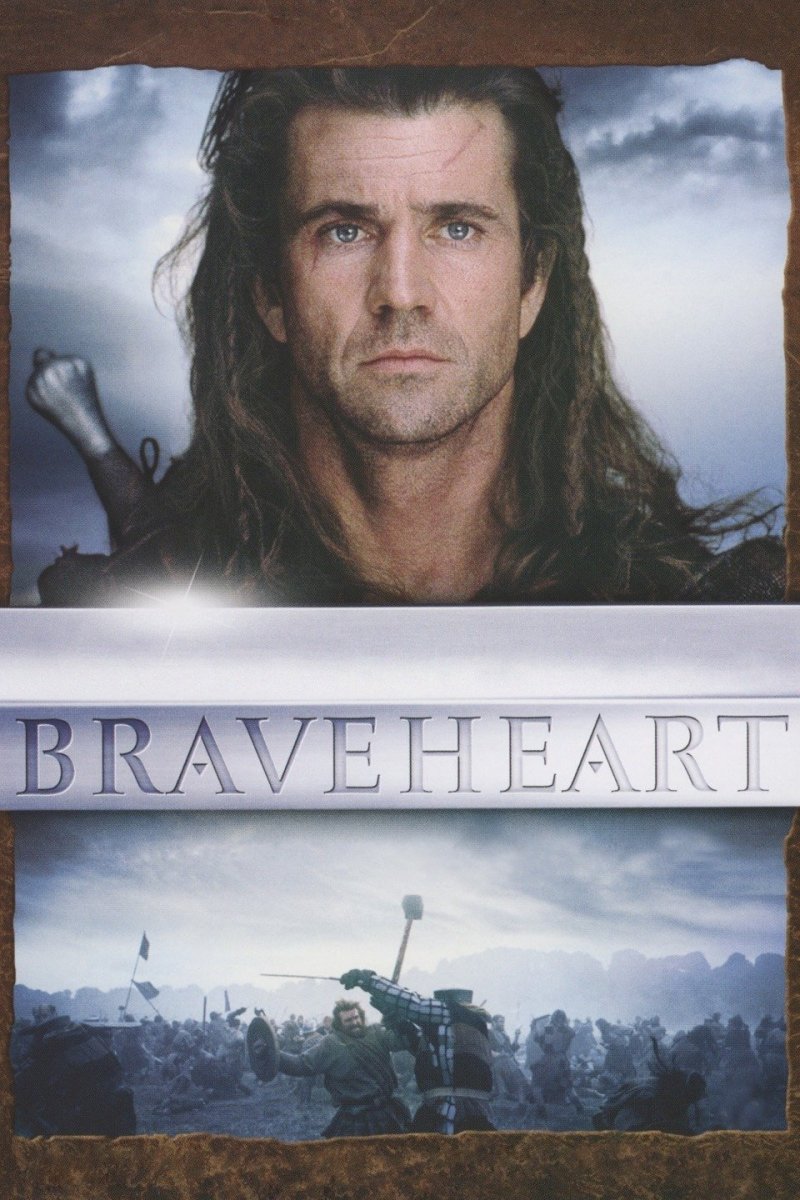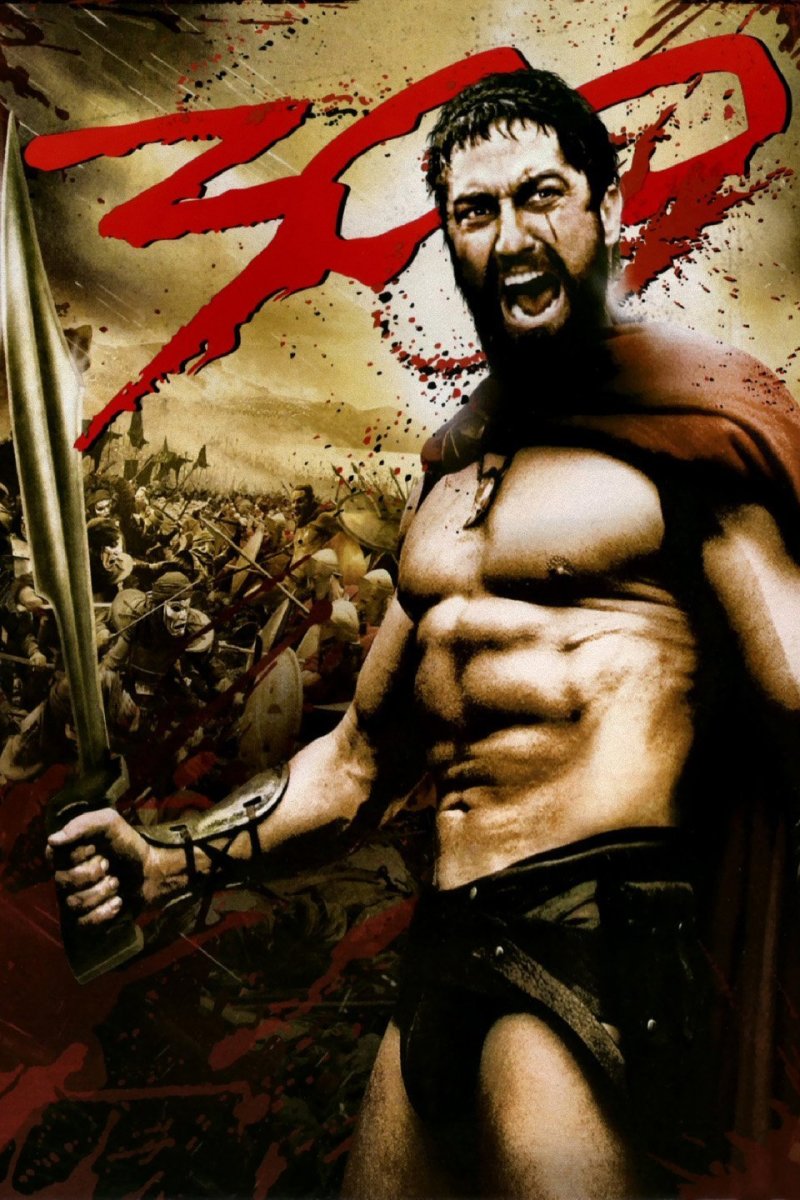Film Review: The Jazz Singer
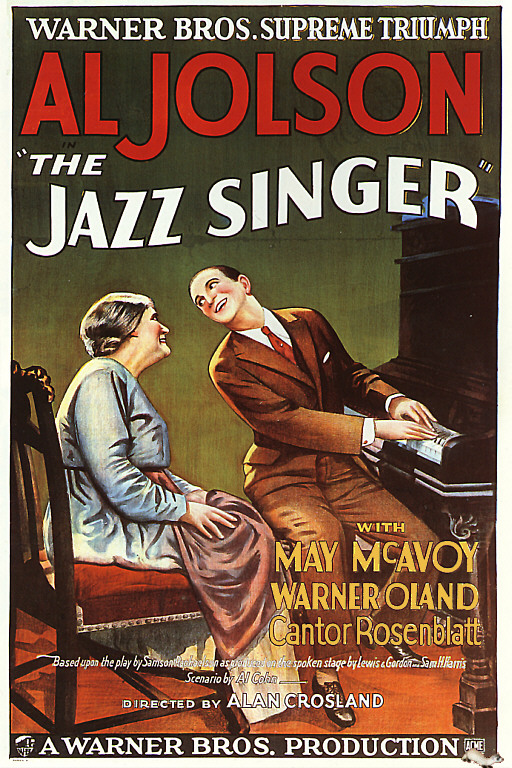
Background
In 1927, Alan Crosland released The Jazz Singer, based on the 1922 play, The Day of Atonement by Samson Raphaelson. Starring Al Jolson, Warner Oland, Eugenie Besserer, May McAvoy, Otto Lederer, Richard Tucker, Yossele Rosenblatt, and Bobby Gordon, the film grossed $6.5 million at the box office and was the first film to have synchronized dialogue sequences. Nominated for the Academy Awards for Writing Adapted Screenplay and Engineering Effects, Warner Bros. Production Chief Darryl F. Zanuck was given a special Academy Award for producing the film, “the pioneer outstanding talking picture, which has revolutionized the industry.” There have been three remakes, in 1952 starring Danny Thomas and Peggy Lee, in 1959 starring Jerry Lewis and in 1980, starring Neil Diamond, Lucie Arnaz and Laurence Olivier.
Synopsis
Young Jakie Rabinowitz defies his devout Jewish family’s traditions and attempts to make it as a musician. But after he sings some popular tunes in a beer garden, his cantor father punishes him and causes Jakie to run away from home. Years later, he’s been calling himself Jack Robin and has become an accomplished jazz singer. While he attempts to build his career as an entertainer, his ambitions soon come into conflict with the demands of his heritage, causing him to choose between his family and his dreams.
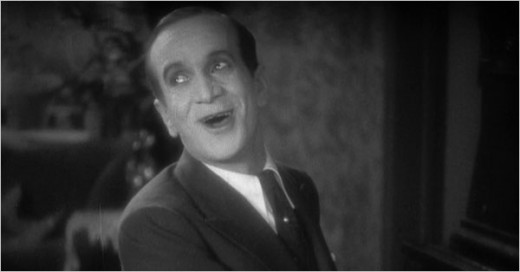
Review
A film which every modern movie owes itself to, The Jazz Singer continues to stand up as a very good film. Though it’s regarded as the first “talkie,” there’s only a couple scenes in the film that have any synchronized dialogue in it. But considering where film has gone since then, it would appear to have made a substantial impact. Though these days, going through the film and hearing the oft-remembered line of “You ain’t heard nothing yet” before Jack launches into “Toot Toot Tootsie” doesn’t have much of an impact, what must be thought about is how this must have seemed to an unknowing audience who decided to take a night and go to the movie house to watch the latest picture with Jolson. Hearing someone stand up and actually start talking without the title cards, when there have been nothing but title cards in the film up until that point must have left its audience astonished at how a film just spoke. It’s not a very memorable line in and of itself when a lot of movie characters say the exact same thing these days, nor is it a powerful line in and of itself as it’s just a guy introducing his next song. But that’s not the point. The power came in the fact that a simple statement effectively changed the future.
That being said, the film does present a notable conflict when it comes to Jack and his desire to be a singer paired against his father’s desire for Jack to follow into the family’s traditions. It’s rather interesting to see what Cantor Rabinowitz does in the wake of his son deciding to run away to pursue his dreams of becoming a singer. Namely, he continues to hold his ground and reject Jack’s lifestyle as a singer. But then, the acting performance of Oland shows that the cantor is actually reeling from how Jack actually rejected him and his way of life. Interestingly, Cantor Rabinowitz disowning his son for defying him and the family traditions is really the only avenue he has for a reaction.
At the same time, all Jack really wants is his father’s approval, but wants it by doing something on his own without having it thrown at him, like his family’s traditions. However, when it comes down to it and Jack is presented with a letter stating that his father has fallen ill and is dying, he shows that his true allegiance is to his family, seeing as he drops his dreams and aspirations to appear on Broadway in order to head back to his family, reconnect with his father and take his place to sing Kol Nidre at the Yom Kippur service. In doing so, Cantor Rabinowitz renounces the disowning and Jack completes his character arc where he reconciles the tear in his soul where he could fulfill his passion for singing by doing so to God, a point that Jack’s mother makes. The film’s ending seems to imply that he’s found a balance, singing on Broadway while being able to carry on the family traditions and sing at synagogue with his mother and Moishe Yudelson, who initially ratted him out to his father, watching on in approval.
the postings on this site are my own and don't necessarily represent WNI's positions, strategies or opinion

